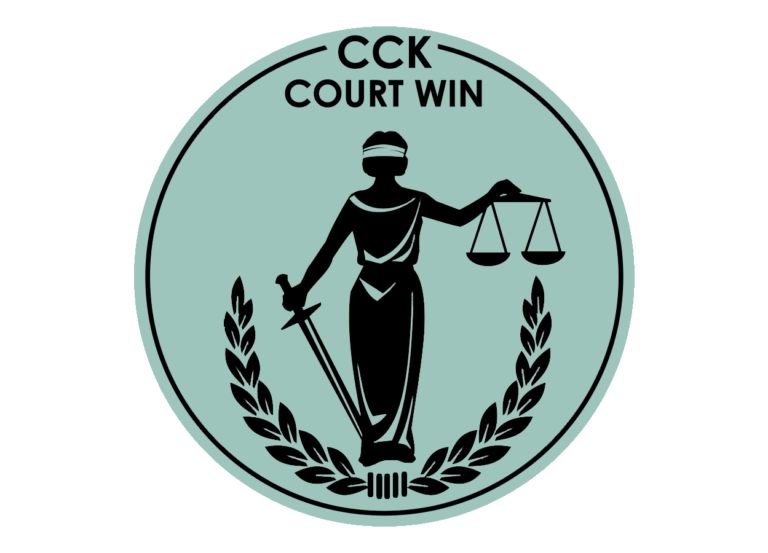Board Commits Error Denying Extraschedular Consideration for Peripheral Neuropathy

CCK Law: Our Vital Role in Veterans Law
CCK Appeals Veteran’s Board Denial to the Court of Appeals for Veterans Claims (CAVC)
CCK successfully appealed to the Court of Appeals for Veterans Claims (CAVC) a decision from the Board of Veterans’ Appeals (the Board) that denied the Veteran entitlement to ratings in excess of 20% and 30% for his service-connected bilateral upper extremity peripheral neuropathy, to include referral for extraschedular consideration. Despite evidence in the record that the Veteran’s bilateral upper extremity peripheral neuropathy impaired multiple nerves, the Board found in its decision that the Veteran’s disability was most appropriately rated under diagnostic code 8615 which only contemplates impairment of the median nerve.
For more information on extraschedular ratings, read our blog “Schedular vs. Extraschedular VA Disability Ratings.”
Court Agrees with CCK’s Argument, Remands Veteran’s Case Back to Board
CCK argued, and the Court agreed, that the Board erred when it failed to consider whether the Veteran would be entitled to a higher rating under a different diagnostic code that considered impairment of multiple nerves and muscles, rather than the diagnostic code it used to rate his condition which only considered the median nerve. The Court also agreed with CCK that the Board erred when it denied the Veteran referral for extraschedular consideration on a collective basis. The Court’s decision found that the Board erred in failing to discuss whether the issue of entitlement to an extraschedular rating was reasonably raised by the record. Instead, the Board relied on the fact that the Veteran had not explicitly raised potential entitlement to an extraschedular rating.
Finally, the Court found that because the Board had conceded that the Veteran’s record was not complete regarding evidence about the collective impact of the Veteran’s multiple service-connected disabilities, its decision to deny extraschedular referral based on that impact was premature.
The Court vacated the Board’s decision and remanded the Veteran’s claim for further development.
To read more about the Court of Appeals for Veterans Claims (CAVC), click here.
About the Author
Share this Post
